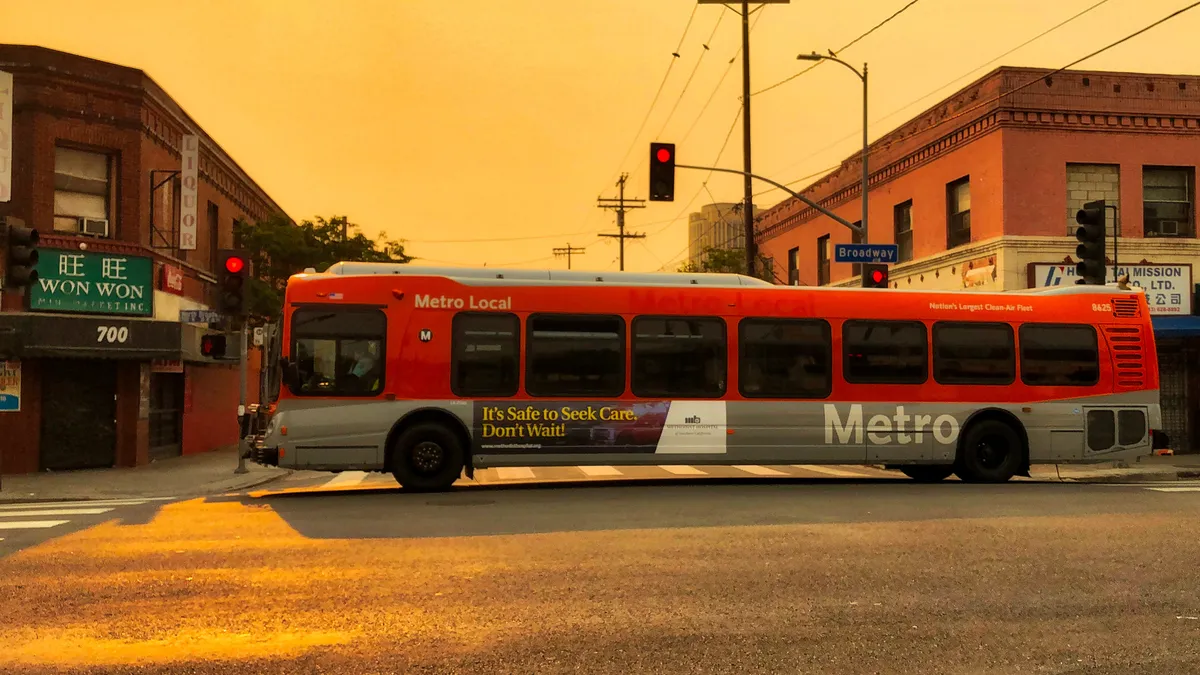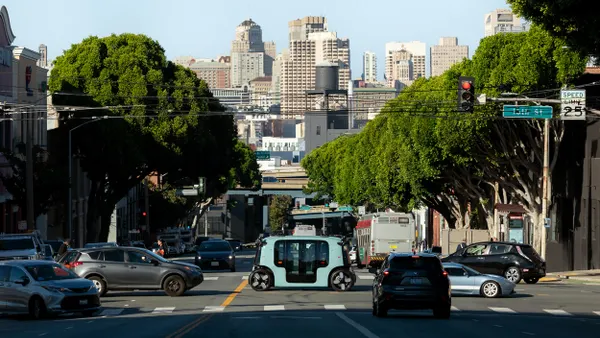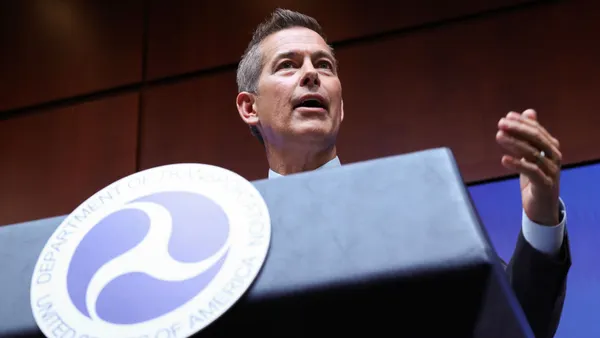Dive Brief:
- Executives representing two of the five largest U.S. transit agencies explained how an agency-wide commitment to equity is key to positive outcomes for their communities in a Thursday webinar hosted by the U.S. Department of Transportation Project Delivery Center of Excellence.
- “We should not be the ones defining the equity goals alone,” said Emmanuella Myrthil, chief equity and inclusion officer at the Southeastern Pennsylvania Transportation Authority. She advised including internal and external stakeholders “so that we can figure out where we should focus those goals.”
- Los Angeles County Metropolitan Transportation Authority CEO Stephanie Wiggins added, “there’s no set of plans that we can give you to do it well. It really needs to be custom built for your community.”
Dive Insight:
Long-ago decisions that favored car-centric transportation and downgraded investment in public transit created inequities that only recently have become a top priority for many transportation planners. “While equity is the buzzword, it’s not a new word,” Myrthil said. “It just happens to become more critical in the conversations that we’re having today.”
Myrthil advised agencies to clearly define equity goals and specific outcomes and to include a broad set of stakeholders, including community members, small businesses and the agency’s workforce in conversations around new projects and programs. “It is our responsibility as designers and project planners and leaders to really be transparent with every single person involved about project decisions,” she said.
LA Metro’s Wiggins pointed to the agency’s equity framework, which is a “commitment to incorporate equity into all facets of Metro’s work and continuously pursue equitable outcomes in everything we do,” she said. The agency developed equity assessment tools that help staffers answer specific questions about how programs, services, capital projects and budgets address equity impacts, needs and benefits.
LA Metro also includes a cultural competency requirement for major project procurements, such as the East San Fernando Valley light rail project, Wiggins said. “Equity and inclusion advance the ultimate goal to ensure that the benefits of mobility belong to everyone,” she said.











